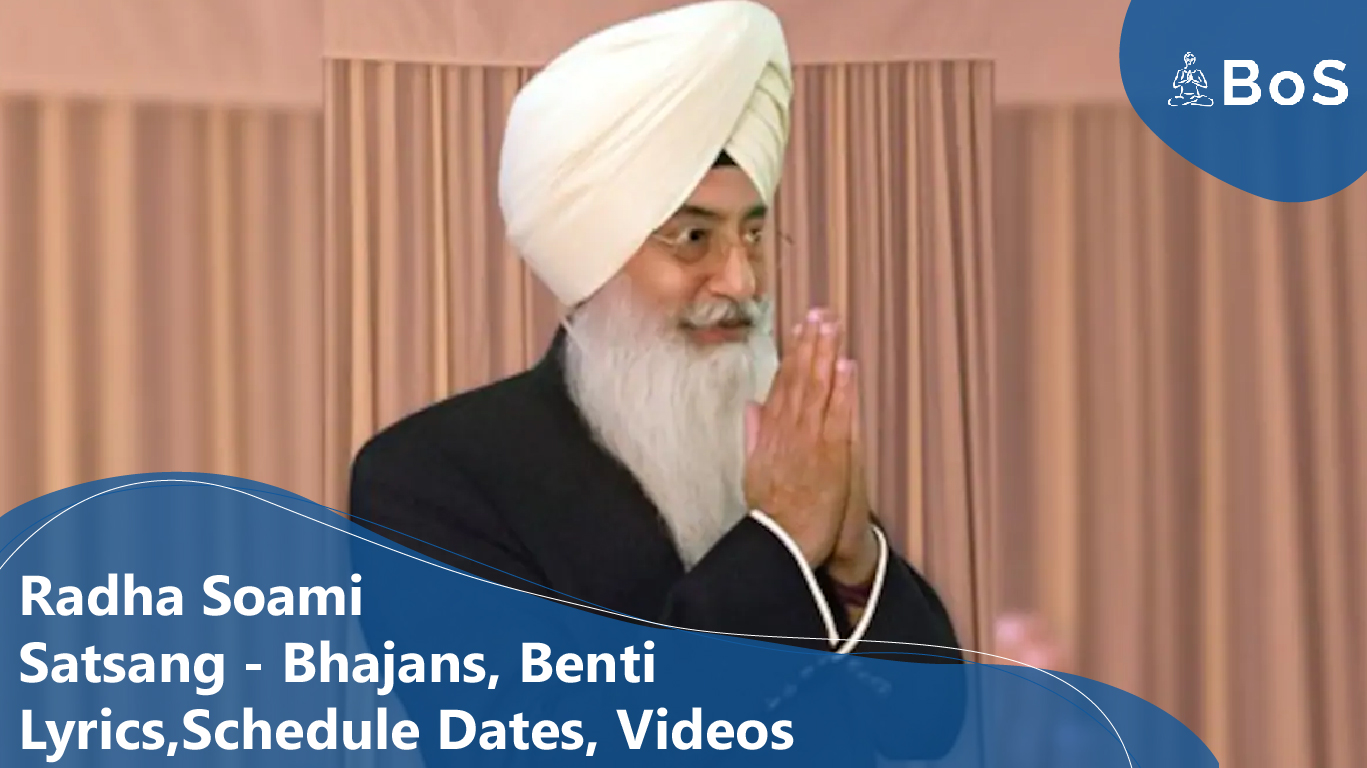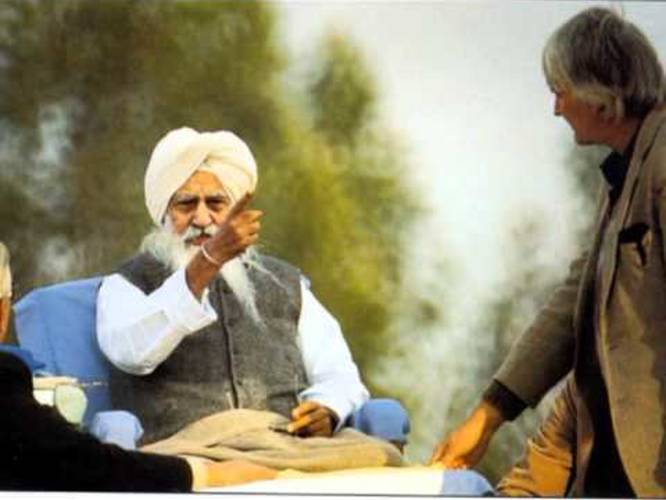
Burdett Wycliffe Hall, University of Oxford, UK

#Radha soami shabad originates series#
Routledge Science and Religion Series Series editors: Michael S. Furthermore, he is a researcher of the Human Rights Institute at Complutense University. He is Professor of Philosophy of Law and International Law at the School of Bioethics of Pontifical Athenaeum Regina Apostolorum in Rome. Alberto García Gómez is the Director of the UNESCO Chair in Bioethics and Human Rights, Rome, Italy. Chris Durante is an Assistant Professor in the Department of Theology at Saint Peter’s University in New Jersey, USA, as well as a Fellow of the UNESCO Chair in Bioethics and Human Rights, where he serves as the Academic Coordinator of the Bioethics, Multiculturalism and Religion workshops.

He is a Fellow of the UNESCO Chair in Bioethics and Human Rights. Joseph Tham teaches bioethics at Pontifical Athenaeum Regina Apostolorum, Rome, Italy, and is the former Dean of the School of Bioethics. It will, therefore, be of great interest to academics working in bioethics, religion and the body, interreligious dialogue, and religion and science, technology and neuroscience. This is a significant collection, demonstrating how religion and modern technologies relate to one another. The contributors work together to explore issues such as: cultural attitudes to gene editing neuroactive drugs the interaction between genes and behaviors the relationship between the soul, the mind and DNA and how clinical applications of these technologies can benefit the developing world. It includes a number of distinct religious and cultural views on the anthropological, ethical and social challenges of emerging technologies in the light of human rights and in the context of global bioethics. The book features bioethics experts from six major religions: Buddhism, Confucianism, Christianity, Islam, Hinduism and Judaism. This can help us to understand how religion might affect the impact of the initiatives such as the UNESCO Declaration in Bioethics and Human Rights.

In this volume, the role of genetic manipulation and neurotechnology in shaping human identity is examined from multiple religious perspectives. When discussing issues of bioethics, religion often plays a major role. Interreligious Perspectives on Mind, Genes and the SelfĪttitudes towards science, medicine and the body are all profoundly shaped by people’s worldviews. Part IV Monotheistic religions: Christianity and Catholicismġ2 Neurogenomics from the Catholic tradition: a succinct anthropological perspective based on recent developmentsġ3 Technological advances and the common good: a Protestant Christian responseġ4 A Jewish perspective on neuroethics and religionġ5 Responsibly seeking knowledge: an Islamic understanding of neurogenomics and enhancementġ6 Ruminations on the Islamic understanding of neurogenomics from a Hindu perspectiveġ7 The ethical challenges of neurogenomics: nuancing the Islamic discourseġ8 If I only had three eyes! Jewish perspectives on genetic enhancementġ9 The absurdity and profanity of transforming human nature: Further reflections on genetic enhancement from a Jewish perspectiveĢ0 Enhancement, hubris and vulnerability of the human nature: a response to the Jewish perspectiveĢ1 Interreligious perspectives on emerging technologies

1 Some convergence of religious views on the ethics of neurogenetic technologiesģ Neurogenomics and neuroeudaimonics: bioethical challenges from the Buddhist perspectiveĤ Meditation or medication? A Buddhist responseĥ A Christian point of view on Buddhist neuroethicsĦ DNA, brain, mind and soul: a Confucian perspectiveĨ Christian reflections on Confucian understandings of the personĩ Hinduism and bioethical challenges in neurogenomicsġ0 Bioethical challenges in neurogenomics: repositioning Hindu bioethicsġ1 Reflections on neurogenetic challenges to human dignity and social doctrine of the Catholic Church


 0 kommentar(er)
0 kommentar(er)
